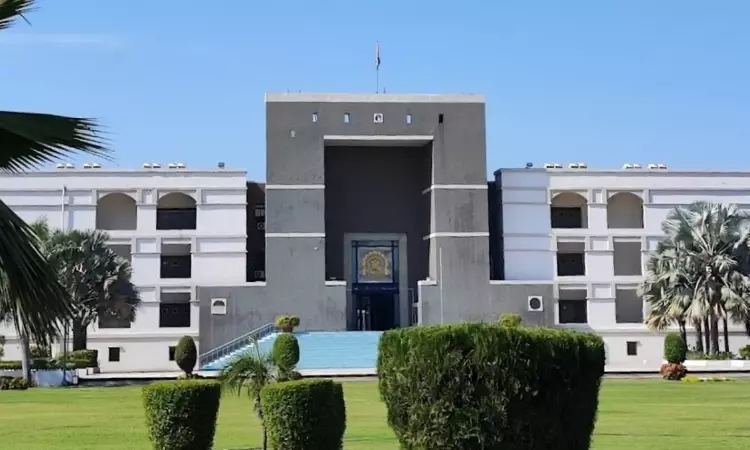The Labour Court Must Give The Employer An Opportunity To Be Heard Before Concluding The Enquiry : Gujarat High Court
Rajesh Kumar
9 May 2024 7:00 PM IST

Next Story
9 May 2024 7:00 PM IST
The Gujarat High Court division bench of Justice Biren Vaishnav and Justice Pranav Trivedi held that if the inquiry conducted by the employer was found illegal or violative of principles of natural justice, the Labour Court is legally obligated to provide an opportunity of hearing to the employer before deciding the matter. The bench concluded that both the Single Judge bench and the...
